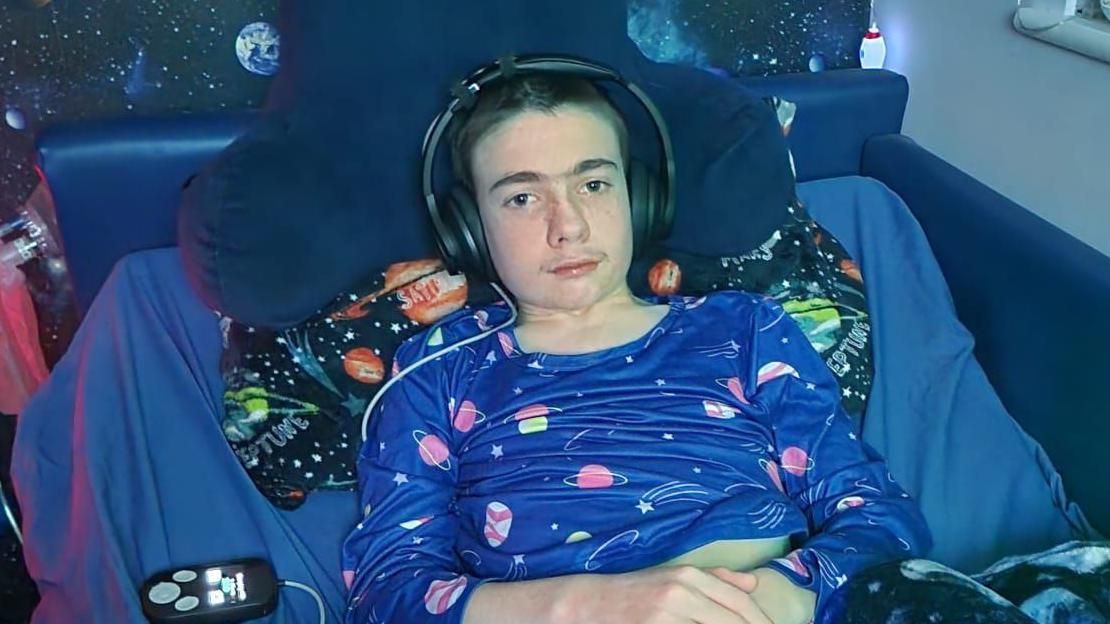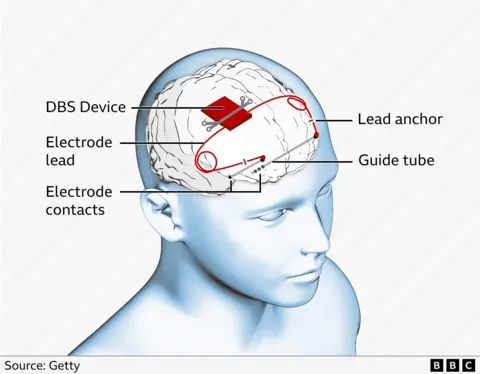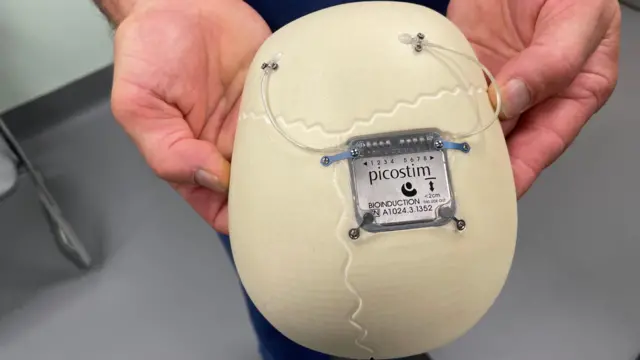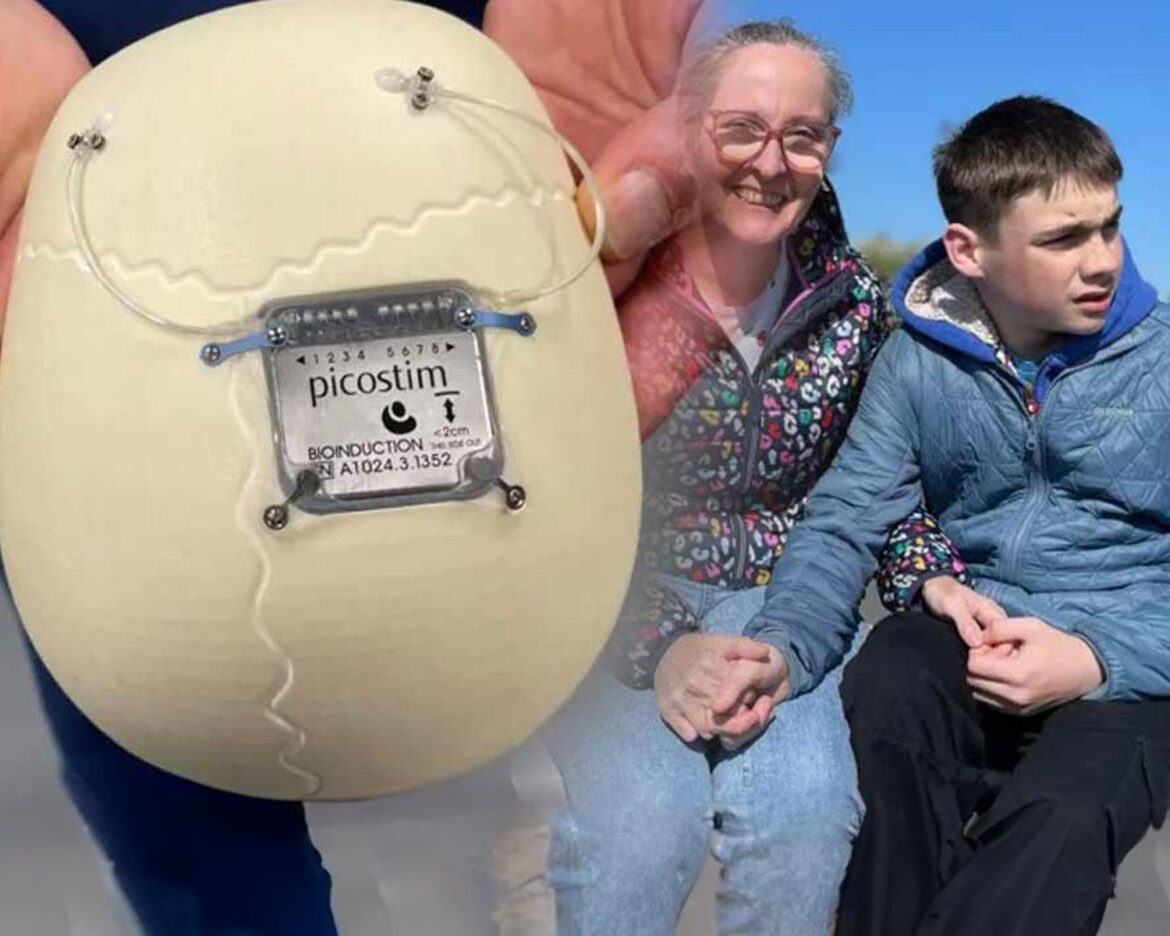13-year-old Oran Knowlson has become the first patient globally to trial a new neurostimulator device implanted in his skull to control seizures. The device, which sends electrical signals deep into his brain, has significantly reduced Oran’s daytime seizures by 80%, improving his quality of life markedly.

Oran, from Somerset, suffers from Lennox-Gastaut syndrome, a severe and treatment-resistant form of epilepsy. He developed the condition at the age of three and has since endured daily seizures, some of which have been life-threatening. His mother, Justine, expressed to the BBC how epilepsy had overshadowed his childhood, causing a rapid decline in his abilities.
How it works

The pioneering surgery was performed in October 2023 at Great Ormond Street Hospital in London when Oran was 12. The procedure is part of the CADET project, a series of trials assessing deep brain stimulation for severe epilepsy. The project involves a collaboration between Great Ormond Street Hospital, University College London, King’s College Hospital, and the University of Oxford. The Picostim neurotransmitter used in the trial is produced by UK-based Amber Therapeutics.

Deep brain stimulation aims to block or disrupt the abnormal electrical signals in the brain that trigger epilepsy seizures. The device continuously emits pulses of current to achieve this effect. The surgery, which lasted eight hours, involved placing electrodes deep in Oran’s brain and connecting them to the neurostimulator implanted in his skull.
Prior to the operation, Justine expressed her hope of seeing her son regain some of his lost childhood. Post-surgery, she reported significant improvements: Oran is more alert, and his daytime seizures have stopped, while nighttime seizures have become shorter and less severe. Seven months after the surgery, Oran is engaging in activities like horse riding, indicating a significant improvement in his quality of life.
The neurostimulator, which Oran can recharge daily using wireless headphones, has so far shown promising results. Dr. Martin Tisdall, the consultant paediatric neurosurgeon leading the team, emphasized the potential of this new device to minimize complications associated with traditional chest-implanted neurostimulators.
The trial will expand to include three more children with Lennox-Gastaut syndrome. Future developments aim to enhance the device to respond in real-time to brain activity changes, potentially blocking seizures before they occur. Justine remains hopeful and optimistic about Oran’s continued progress, attributing the newfound hope and brighter future to the dedicated team at Great Ormond Street Hospital.
The Picostim neurostimulator has also been employed to treat Parkinson’s disease patients, and a similar skull-mounted device has been used in the United States for epilepsy treatment. Oran’s case marks a significant milestone in the treatment of severe epilepsy, offering hope to many families affected by this debilitating condition.



